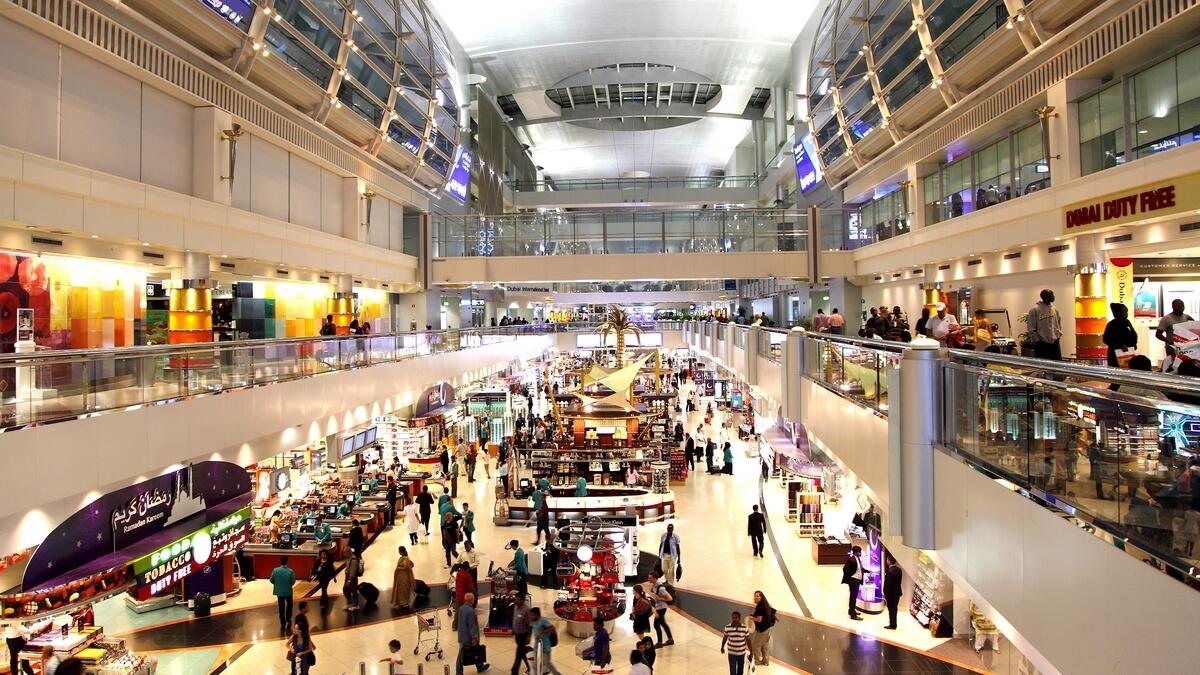The General Civil Aviation Authority (GCAA) announced that around 98 million passengers have passed through various UAE airports in the first eight months of 2024. This announcement was made on ‘UAE Civil Aviation Day’, celebrated on October 5 each year, marking the anniversary of the first airplane landing in Sharjah in 1932. This historic event took place when the UAE did not exist, and Sharjah was part of the Trucial States. The British Imperial Airways aircraft named ‘Hanno’ landed on October 5, 1932, in Al Mahatta, which is now part of the Al Qasimia area of Sharjah, establishing the first airport in the region at that time.
The UAE’s civil aviation sector has made significant progress over the years, now boasting six national carriers known for luxury, quality, security, and safety. These carriers include Emirates, Etihad Airways, flydubai, Air Arabia, Air Arabia Abu Dhabi, and Wizz Air Abu Dhabi. The national carriers operated 4,807 weekly flights to various destinations worldwide in the first eight months of 2024. The UAE is home to 10 airports, of which eight are international airports, welcoming over 97.9 million passengers during the first eight months of the year, with a growth rate of 12.6% compared to the same period last year.
Abdullah Bin Touq Al Marri, Minister of Economy and chairman of GCAA board of directors, highlighted the rapid growth of the UAE’s aviation infrastructure. From contributing less than 1% of the GDP in 1971, the sector now contributes up to 13.3% of the GDP, showcasing its remarkable development. International Air Transport Association (IATA) estimates predict a 170% growth in the UAE’s air transport market in the next 20 years, with an addition of 101 million passenger flights by 2037, contributing approximately $127.7 billion to the national economy and creating 1.4 million jobs.
Sheikh Ahmed bin Saeed Al Maktoum, president of Dubai Civil Aviation Authority (DCAA), emphasized the vital role of the aviation sector in connecting the UAE to the world. Dubai International Airport (DXB) serves over 90 million international passengers annually, promoting air connectivity across the globe through partnerships with global airlines. Mohamed Ali Al Shorafa, chairman of the Department of Municipalities and Transport – Abu Dhabi, highlighted the world-class infrastructure in the UAE, with Zayed International Airport standing as an exemplary model of modern airport design.
Sheikh Khalid Bin Isam Al Qasmi, chairman of Sharjah Department of Civil Aviation, acknowledged Sharjah’s significant historical role in enhancing the UAE’s civil aviation sector as the site of the first aircraft landing in the country. Sharjah International Airport is a key hub in the UAE’s air transport network, with ongoing efforts to invest in expansion projects to accommodate growth in air traffic. Additionally, officials in the aviation sector reiterated their commitment to enhancing safety, security, and supporting efforts towards a green, low-carbon aviation system.
In conclusion, the UAE’s civil aviation sector has achieved remarkable progress, with significant passenger traffic, robust growth projections, and world-class infrastructure. The officials in the sector are dedicated to further developing strategies to enhance safety, security, and sustainability while ensuring exceptional services for millions of travelers. The continued growth and development of the aviation sector in the UAE showcase its commitment to excellence and innovation on a global scale.










